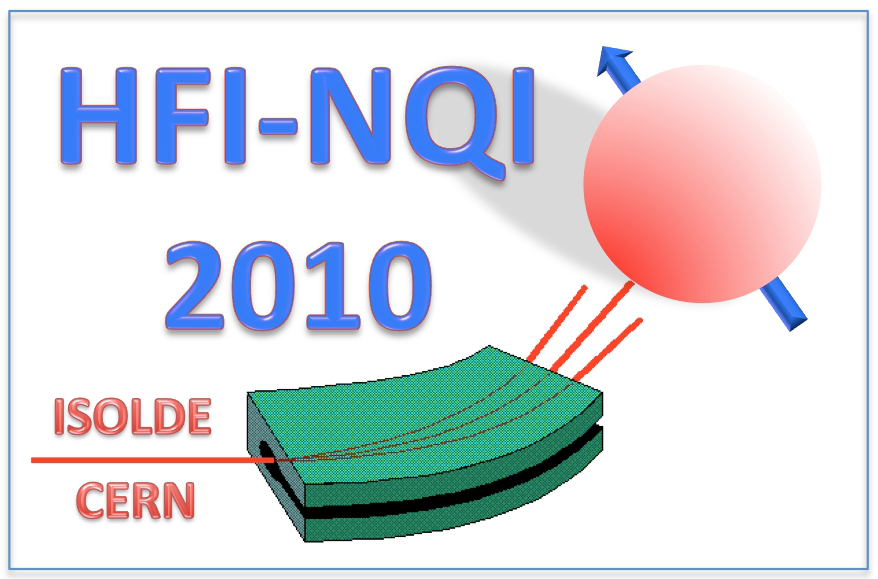Please note that your badge will also serve as access card on the CERN site.
The conference registration desk will be open for all participants according to the following schedule:
Sunday 12th September 16h30 - 18h00
Geneva has a spectacular location: situated between lake and mountains, it offers all the advantages of a small city combined with the facilities and services usually found in much larger cities. Besides hosting the world’s largest particle physics laboratory, Geneva is an international meeting place for world leaders. The city, probably best-known throughout the world as the headquarters of the European seat of the United Nations and the International Red Cross, attracts thousands of people each year for meetings, conferences and exhibitions.
Geneva’s international airport is conveniently located 5 km (3 miles) from the city centre, the hub for flights from 70 destinations worldwide. Efficient ground transfers are available from the airport to the city centre and hotels.
Altitude
374 m (1,227 ft) above sea level
Electricity
The voltage used in Switzerland is the standard 220 volts used throughout Europe. Be aware though that the three-pin plug/socket used here is unique to Switzerland. Adaptors are widely available, and will be required if coming from beyond Switzerland. More information is available here.
Currency & Euro
Switzerland uses as its main currency the Swiss Franc (CHF) .
In recent months the Swiss Franc has strengthened against the Euro, the average rate is now approximately: € 1 ~ CHF 1.35. The up-to-date currency fluctuations can be followed here.
Climate
Although the winters can be quite cold in Geneva, in September conditions are still very pleasant. Daytime maxima are around 20C reaching a low of 9C at night; rain can never be ruled out, so it’s always best to pack an umbrella.
Driving
In town 50 km/hr. (30 km/hr. in some areas), outside built-up areas (national roads) 80 km/hr., highways 120 km/hr. A tax sticker, “vignette”, is compulsory to drive on highways and semi-highways. Valid for 1 year at CHF 40.– (on sale at post offices, garages and customs posts). The wearing of seat belts, both in front and back seats of vehicles, is compulsory.
Languages
The official language in Geneva is French. Other languages widely spoken are English, Portuguese, Spanish and German.
Population
City and Canton: 427,705 inhabitants. City of Geneva: 182,560 inhabitants
Tipping
Prices in hotels, restaurants, taxi fares etc. include taxes and service. A tip, therefore, is not indispensable, but justified for good service.
Vaccinations
No vaccinations are required to enter Switzerland.
